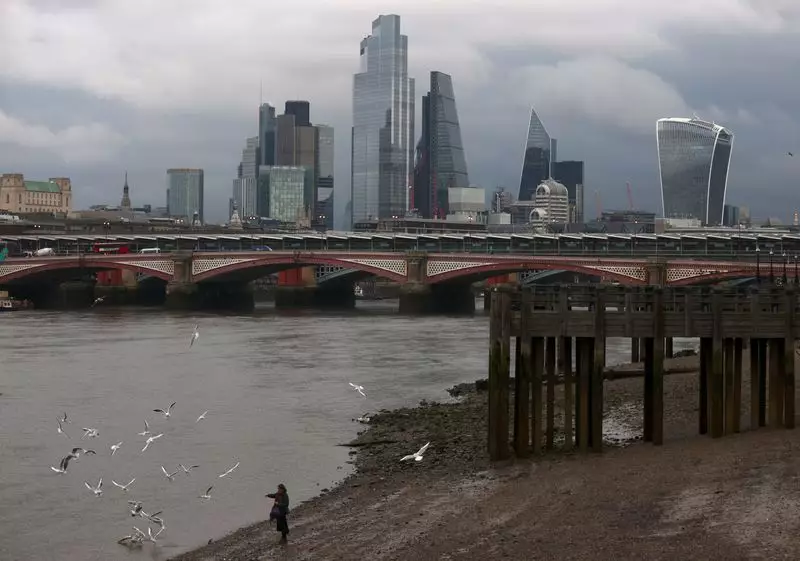Recent findings indicate a significant downturn in confidence among business leaders in the UK, as highlighted by the Institute of Directors (IoD). According to their latest report, the optimism level has plummeted to unprecedented lows, reminiscent of the early days of the COVID-19 pandemic. This trend is largely attributed to the recent budget delivered by Finance Minister Rachel Reeves on October 30, which introduced a series of tax increases.
The IoD’s latest metrics reveal a staggering drop in both investment intentions and employment plans, marking the weakest figures recorded since May 2020. The overall gauge of optimism among business leaders has fallen to an alarming -65, down from -52 in the previous month. Such a sharp decline underscores the growing apprehension within the private sector regarding the future economic landscape.
Implications of the New Budget
The IoD Chief Economist, Anna Leach, articulated the ramifications of the budget, stating that rather than stabilizing the business environment, the measures have further destabilized it. The introduction of new taxes, including a notable rise in employers’ contributions to social security, is seen as detrimental to businesses that are already grappling with various economic pressures. Leach’s assertion that the budget has “undermined the foundations” upon which businesses operate speaks volumes about the current climate of uncertainty.
Moreover, the budget has brought forth a wave of discontent echoed by various business organizations. The economic outlook seems increasingly grim, with many leaders concerned about their ability to invest in growth or maintain their workforce due to rising costs. Recent assessments have pointed out that any planned reforms to employment laws are likely to add further financial burdens, complicating the situation even more for employers.
Additionally, during her interactions with the Confederation of British Industry, Reeves assured attendees that future budgets would not introduce further borrowing or tax increases. While this statement may aim to provide some comfort, the immediate impact of the recently imposed taxes raises questions about the government’s grasp on fiscal realities and its long-term strategy for economic recovery.
This juxtaposition of promises and the stark reality faced by businesses illustrates a disconnect that could have lasting implications. Many firms now find themselves at a crossroads, caught between the necessity for growth and the constraints imposed by increased taxation and regulation.
As the IoD survey, conducted between mid-November and late November, revealed responses primarily from small businesses, it underscores a vital segment of the UK economy grappling with uncertainty. With 601 business leaders contributing to the findings, the message is clear: without immediate and concrete measures to support the private sector, confidence will continue to erode.
Moving forward, the key challenge for policymakers will be to create a conducive environment for businesses to thrive amid turbulence. Addressing the underlying issues within the fiscal policies and cultivating an ecosystem that encourages investment and growth can pave the way for recovery. If left unchecked, the current trend of falling optimism could lead to a significant decline in business activity, with broader implications for the UK economy as a whole.

